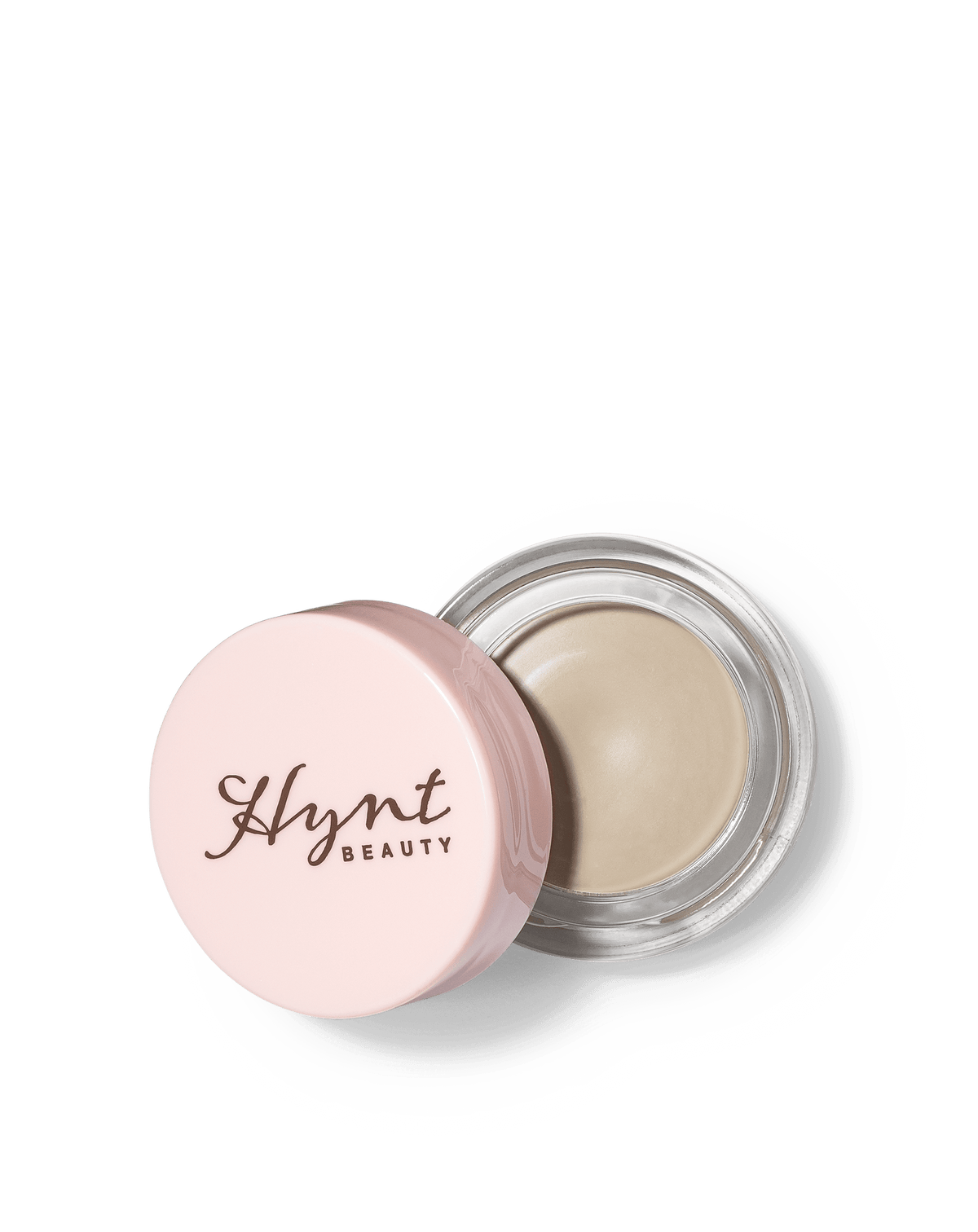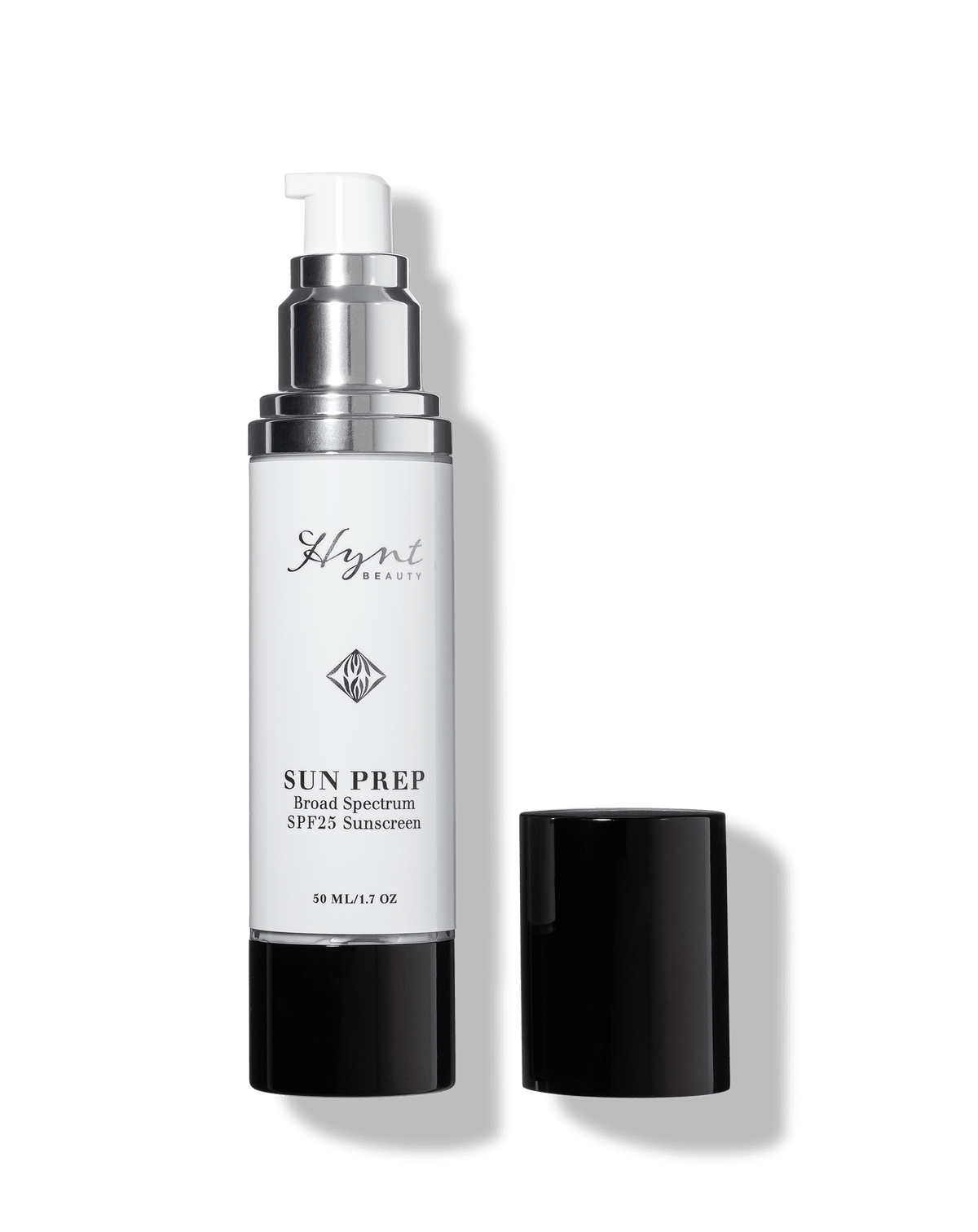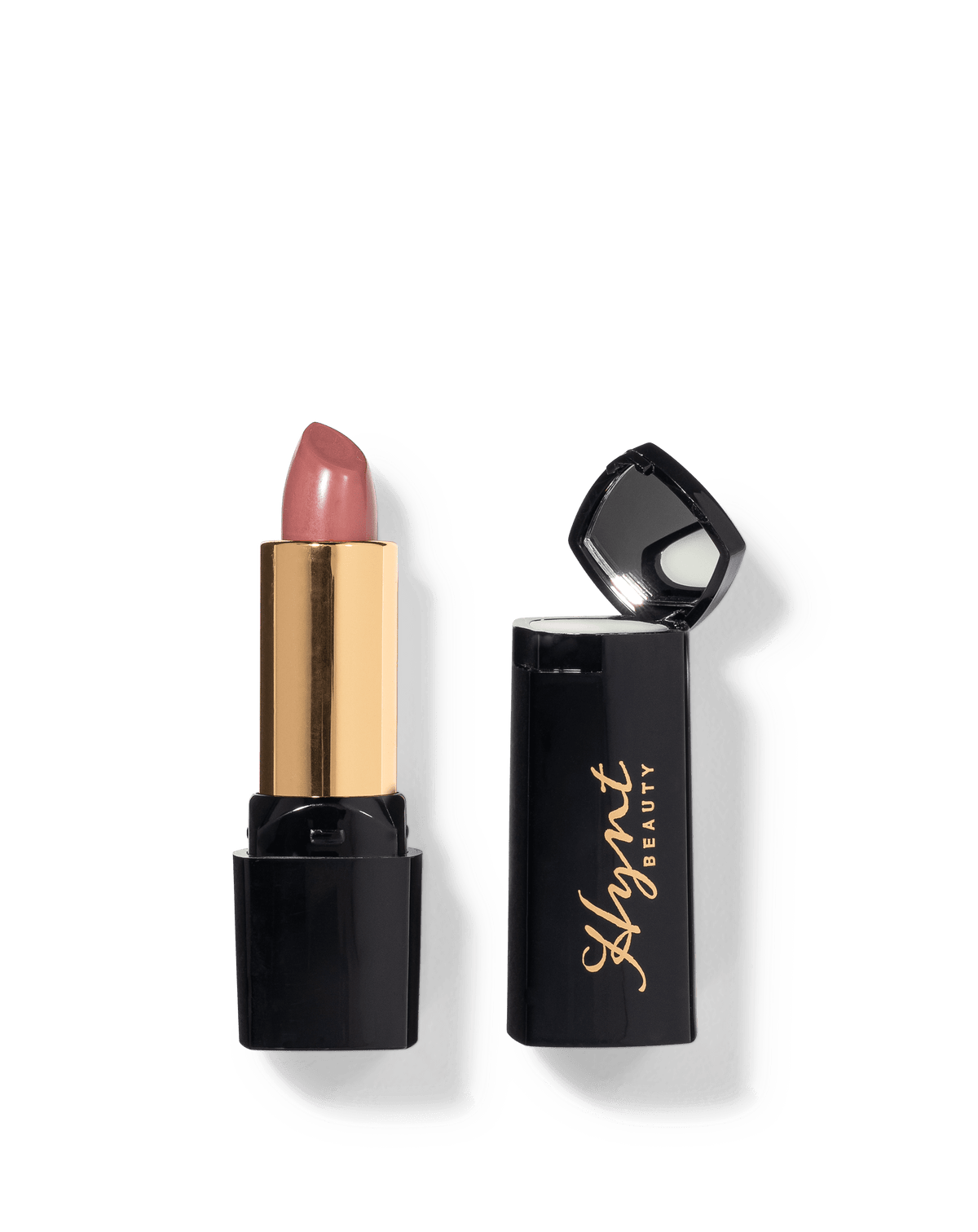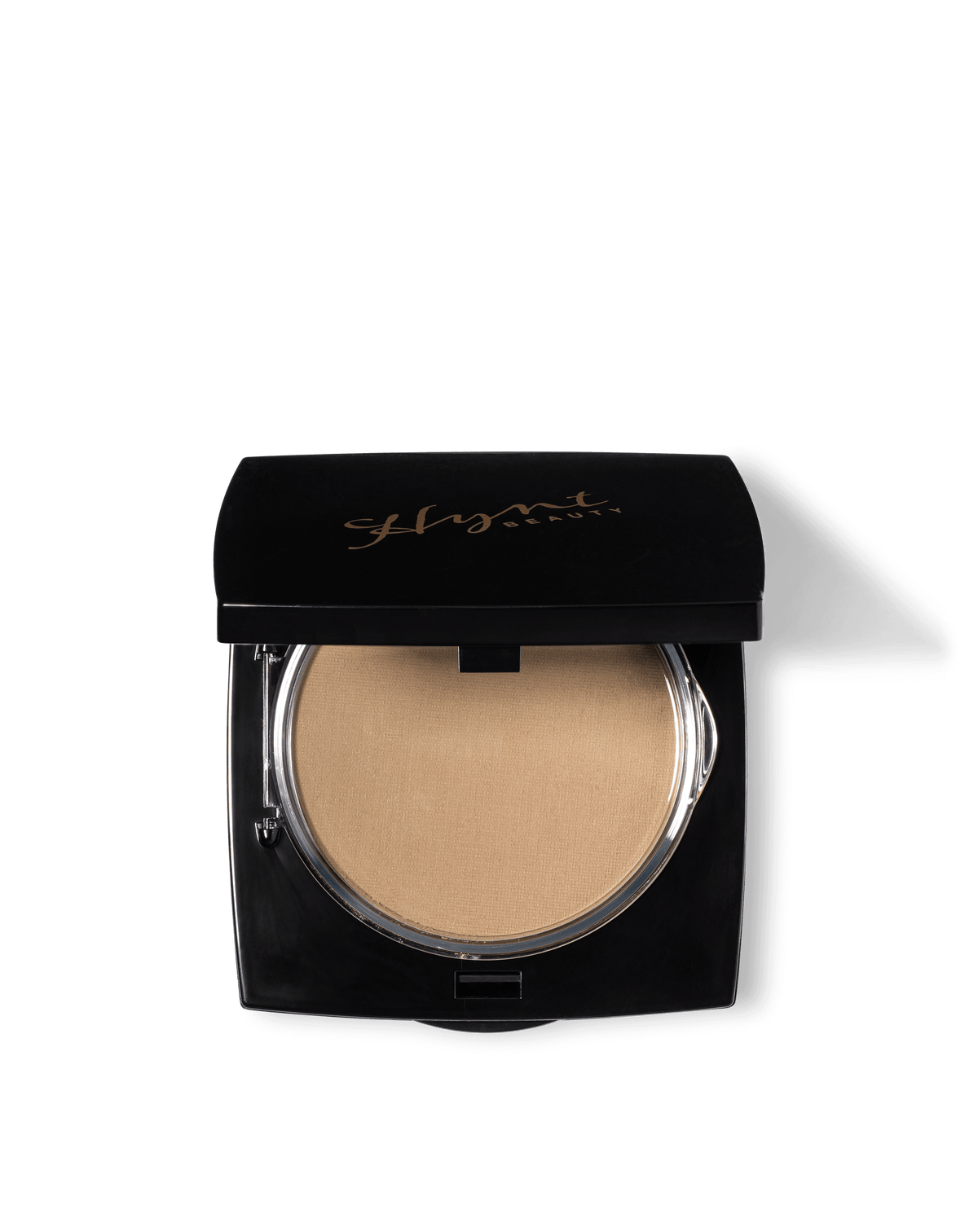 So we all know by now that organic ingredients and “natural” skincare is a better choice for you and your skin over conventional cosmetic ingredients. To its credit, the beauty industry has come a long way to integrate natural and paraben free ingredients into their formulations, and tout it, too. In fact, words like “natural” and “organic” are so trendy that it is becoming harder to differentiate which makeup, creams and skin care is actually best for your skin. Consider this, many of your go-to products may still contain ingredients that could be causing your body and your skin potential harm in the long term. For example, the common artificial preservative made from a blend of alcohol and acid called Paraben, has been linked in certain well known studies to fertility issues and breast cancer; one study also detected Parabens in breast tumors. Why do companies still use Parabens? Paraben is the most commonly used preservative in the world of cosmetics and personal care products as well as in the food and drug categories. Paraben is an inexpensive mix of acid and alcohol of p-hydroxybenzoic acid that effectively extends the shelf life of a product by preventing bacteria growth. You can find them everywhere in your daily life; in soap, face and body moisturizers, deodorant, hair styling products, and even shaving cream. However, because of its efficacy in preserving volatile formulations and simply out of cost and habit, all types of Parabens including methylparaben, propylparaben, butylparaben, or benzylparaben, have become the listed but unheralded norm. Albeit the various studies that have shown links between Paraben’s unique effects on estrogen activity since the ingredient came to light with the FDA, the 1984 decision by Cosmetic Ingredient Review (CIR) that concluded that Parabens were safe for use in cosmetic products at levels up to 25% (the industry norm is 0.01 to 0.3%) still stands today. Minimizing your Exposure to Parabens While the FDA still approves the use of Paraben with an advisory note to use as small a quantity as possible, it does not mean that you have to follow suit. First, be sure to look at the ingredient list of any beauty or personal care products that you purchase. Parabens are usually easy to spot as it includes “Paraben” at the end of the ingredient name. If you have the option, opt for the one without any of that artificial ingredient. Also, ingredient conscious companies, such as Hynt Beauty, are now able to create paraben free makeup and skincare products by replacing the potentially carcinogenic ingredient with natural ingredients that keep products fresh. The extracts and oils of select potent plants and flowers are equally effective when blended properly. However, because naturally blended ingredients tend to be less stable than artificial preservatives, it is critical that these effective ingredients are used in the exact quantities to ensure the high quality and longevity of each product. Once opened, you should try to use the product within the months indicated on the packaging. As a breast cancer survivor who became conscious of ingredients such as parabens and other potential carcinogens in her go-to beauty essentials, Hynt’s co-founder Meryl was driven to create a line of luxurious makeup and skincare products with natural and organic ingredients that are free of such controversial substances. While Hynt Beauty prides itself in the 45+ types of organic botanicals it employs in its product collection to heal and recharge the skin, it considers what is NOT included the most important for all women and also the earth.
So we all know by now that organic ingredients and “natural” skincare is a better choice for you and your skin over conventional cosmetic ingredients. To its credit, the beauty industry has come a long way to integrate natural and paraben free ingredients into their formulations, and tout it, too. In fact, words like “natural” and “organic” are so trendy that it is becoming harder to differentiate which makeup, creams and skin care is actually best for your skin. Consider this, many of your go-to products may still contain ingredients that could be causing your body and your skin potential harm in the long term. For example, the common artificial preservative made from a blend of alcohol and acid called Paraben, has been linked in certain well known studies to fertility issues and breast cancer; one study also detected Parabens in breast tumors. Why do companies still use Parabens? Paraben is the most commonly used preservative in the world of cosmetics and personal care products as well as in the food and drug categories. Paraben is an inexpensive mix of acid and alcohol of p-hydroxybenzoic acid that effectively extends the shelf life of a product by preventing bacteria growth. You can find them everywhere in your daily life; in soap, face and body moisturizers, deodorant, hair styling products, and even shaving cream. However, because of its efficacy in preserving volatile formulations and simply out of cost and habit, all types of Parabens including methylparaben, propylparaben, butylparaben, or benzylparaben, have become the listed but unheralded norm. Albeit the various studies that have shown links between Paraben’s unique effects on estrogen activity since the ingredient came to light with the FDA, the 1984 decision by Cosmetic Ingredient Review (CIR) that concluded that Parabens were safe for use in cosmetic products at levels up to 25% (the industry norm is 0.01 to 0.3%) still stands today. Minimizing your Exposure to Parabens While the FDA still approves the use of Paraben with an advisory note to use as small a quantity as possible, it does not mean that you have to follow suit. First, be sure to look at the ingredient list of any beauty or personal care products that you purchase. Parabens are usually easy to spot as it includes “Paraben” at the end of the ingredient name. If you have the option, opt for the one without any of that artificial ingredient. Also, ingredient conscious companies, such as Hynt Beauty, are now able to create paraben free makeup and skincare products by replacing the potentially carcinogenic ingredient with natural ingredients that keep products fresh. The extracts and oils of select potent plants and flowers are equally effective when blended properly. However, because naturally blended ingredients tend to be less stable than artificial preservatives, it is critical that these effective ingredients are used in the exact quantities to ensure the high quality and longevity of each product. Once opened, you should try to use the product within the months indicated on the packaging. As a breast cancer survivor who became conscious of ingredients such as parabens and other potential carcinogens in her go-to beauty essentials, Hynt’s co-founder Meryl was driven to create a line of luxurious makeup and skincare products with natural and organic ingredients that are free of such controversial substances. While Hynt Beauty prides itself in the 45+ types of organic botanicals it employs in its product collection to heal and recharge the skin, it considers what is NOT included the most important for all women and also the earth.
Paraben free Cosmetics are Better for You
 So we all know by now that organic ingredients and “natural” skincare is a better choice for you and your skin over conventional cosmetic ingredients. To its credit, the beauty industry has come a long way to integrate natural and paraben free ingredients into their formulations, and tout it, too. In fact, words like “natural” and “organic” are so trendy that it is becoming harder to differentiate which makeup, creams and skin care is actually best for your skin. Consider this, many of your go-to products may still contain ingredients that could be causing your body and your skin potential harm in the long term. For example, the common artificial preservative made from a blend of alcohol and acid called Paraben, has been linked in certain well known studies to fertility issues and breast cancer; one study also detected Parabens in breast tumors. Why do companies still use Parabens? Paraben is the most commonly used preservative in the world of cosmetics and personal care products as well as in the food and drug categories. Paraben is an inexpensive mix of acid and alcohol of p-hydroxybenzoic acid that effectively extends the shelf life of a product by preventing bacteria growth. You can find them everywhere in your daily life; in soap, face and body moisturizers, deodorant, hair styling products, and even shaving cream. However, because of its efficacy in preserving volatile formulations and simply out of cost and habit, all types of Parabens including methylparaben, propylparaben, butylparaben, or benzylparaben, have become the listed but unheralded norm. Albeit the various studies that have shown links between Paraben’s unique effects on estrogen activity since the ingredient came to light with the FDA, the 1984 decision by Cosmetic Ingredient Review (CIR) that concluded that Parabens were safe for use in cosmetic products at levels up to 25% (the industry norm is 0.01 to 0.3%) still stands today. Minimizing your Exposure to Parabens While the FDA still approves the use of Paraben with an advisory note to use as small a quantity as possible, it does not mean that you have to follow suit. First, be sure to look at the ingredient list of any beauty or personal care products that you purchase. Parabens are usually easy to spot as it includes “Paraben” at the end of the ingredient name. If you have the option, opt for the one without any of that artificial ingredient. Also, ingredient conscious companies, such as Hynt Beauty, are now able to create paraben free makeup and skincare products by replacing the potentially carcinogenic ingredient with natural ingredients that keep products fresh. The extracts and oils of select potent plants and flowers are equally effective when blended properly. However, because naturally blended ingredients tend to be less stable than artificial preservatives, it is critical that these effective ingredients are used in the exact quantities to ensure the high quality and longevity of each product. Once opened, you should try to use the product within the months indicated on the packaging. As a breast cancer survivor who became conscious of ingredients such as parabens and other potential carcinogens in her go-to beauty essentials, Hynt’s co-founder Meryl was driven to create a line of luxurious makeup and skincare products with natural and organic ingredients that are free of such controversial substances. While Hynt Beauty prides itself in the 45+ types of organic botanicals it employs in its product collection to heal and recharge the skin, it considers what is NOT included the most important for all women and also the earth.
So we all know by now that organic ingredients and “natural” skincare is a better choice for you and your skin over conventional cosmetic ingredients. To its credit, the beauty industry has come a long way to integrate natural and paraben free ingredients into their formulations, and tout it, too. In fact, words like “natural” and “organic” are so trendy that it is becoming harder to differentiate which makeup, creams and skin care is actually best for your skin. Consider this, many of your go-to products may still contain ingredients that could be causing your body and your skin potential harm in the long term. For example, the common artificial preservative made from a blend of alcohol and acid called Paraben, has been linked in certain well known studies to fertility issues and breast cancer; one study also detected Parabens in breast tumors. Why do companies still use Parabens? Paraben is the most commonly used preservative in the world of cosmetics and personal care products as well as in the food and drug categories. Paraben is an inexpensive mix of acid and alcohol of p-hydroxybenzoic acid that effectively extends the shelf life of a product by preventing bacteria growth. You can find them everywhere in your daily life; in soap, face and body moisturizers, deodorant, hair styling products, and even shaving cream. However, because of its efficacy in preserving volatile formulations and simply out of cost and habit, all types of Parabens including methylparaben, propylparaben, butylparaben, or benzylparaben, have become the listed but unheralded norm. Albeit the various studies that have shown links between Paraben’s unique effects on estrogen activity since the ingredient came to light with the FDA, the 1984 decision by Cosmetic Ingredient Review (CIR) that concluded that Parabens were safe for use in cosmetic products at levels up to 25% (the industry norm is 0.01 to 0.3%) still stands today. Minimizing your Exposure to Parabens While the FDA still approves the use of Paraben with an advisory note to use as small a quantity as possible, it does not mean that you have to follow suit. First, be sure to look at the ingredient list of any beauty or personal care products that you purchase. Parabens are usually easy to spot as it includes “Paraben” at the end of the ingredient name. If you have the option, opt for the one without any of that artificial ingredient. Also, ingredient conscious companies, such as Hynt Beauty, are now able to create paraben free makeup and skincare products by replacing the potentially carcinogenic ingredient with natural ingredients that keep products fresh. The extracts and oils of select potent plants and flowers are equally effective when blended properly. However, because naturally blended ingredients tend to be less stable than artificial preservatives, it is critical that these effective ingredients are used in the exact quantities to ensure the high quality and longevity of each product. Once opened, you should try to use the product within the months indicated on the packaging. As a breast cancer survivor who became conscious of ingredients such as parabens and other potential carcinogens in her go-to beauty essentials, Hynt’s co-founder Meryl was driven to create a line of luxurious makeup and skincare products with natural and organic ingredients that are free of such controversial substances. While Hynt Beauty prides itself in the 45+ types of organic botanicals it employs in its product collection to heal and recharge the skin, it considers what is NOT included the most important for all women and also the earth.




0 comments